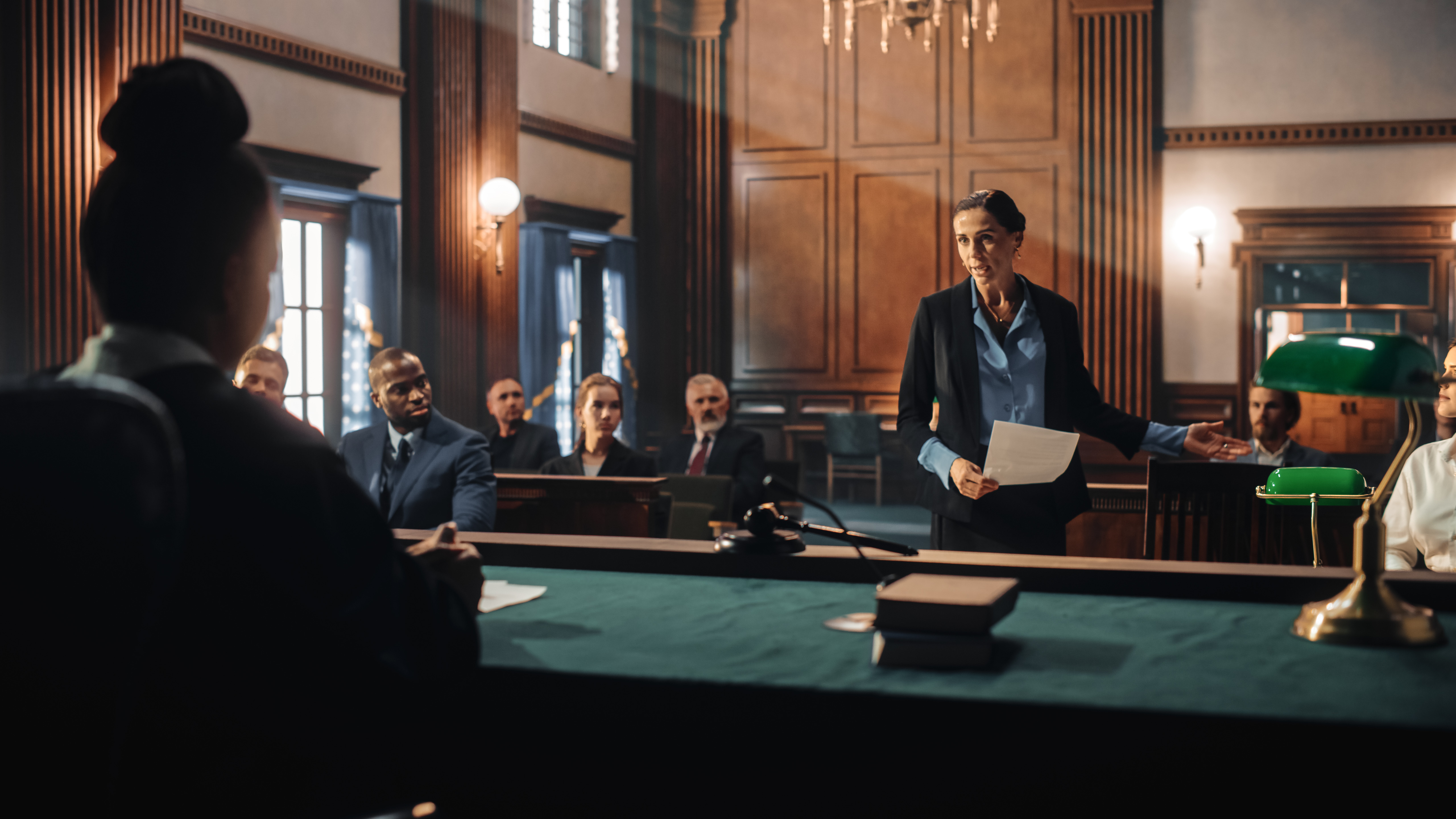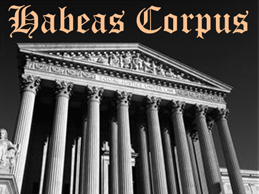Lawyer's Overview to Habeas Corpus: Securing Your Flexibility and Rights
Lawyer's Overview to Habeas Corpus: Securing Your Flexibility and Rights
Blog Article
Recognizing the Role of a Post-Conviction Attorney in Seeking Justice After a Criminal Sentence
In the facility landscape of post-conviction lawful procedures, the function of a post-conviction lawyer is pivotal in navigating the course to justice after a criminal sentence. Beyond the confines of a test, these lawyers participate in a complex strategy targeted at uncovering brand-new proof, difficult legal mistakes, and promoting for their clients' civil liberties. The details of post-conviction job need a mix of lawful acumen, investigative skills, and strategic believing to decipher the complexities of an instance and go after methods that might have been forgotten or underexplored. As the quest of justice extends past the boundaries of initial process, the function of a post-conviction legal representative becomes a beacon of expect those seeking to correct oppressions and redeem their rights within the lawful system.
Post-Conviction Lawyer's Investigatory Job
Post-conviction legal representatives take part in careful investigative job to discover new proof, procedural errors, or misconduct that can potentially lead to overturning a conviction. This investigatory phase is essential in the post-conviction procedure as it aims to identify any kind of neglected information or legal bad moves that might have impacted the result of the initial test. Post-conviction attorneys dig into instance files, witness testaments, and legal documents with a fine-tooth comb, looking for any inconsistencies or irregularities that might be grounds for allure.
With comprehensive investigation, post-conviction legal representatives aim to lose light on prospective injustices that might have happened throughout the original test. They may carry out interviews, speak with professionals, and evaluation forensic proof to build an engaging situation for their customers. By inspecting every element of the lawful process, post-conviction lawyers work tirelessly to discover any kind of factors that may have affected the decision. Inevitably, their investigative work plays a pivotal function in the search of justice and the potential reversal of wrongful sentences.
Crafting Appeals and Petitions
In the pursuit of justice after a sentence, experienced attorneys thoroughly craft charms and requests to existing compelling disagreements for the reconsideration of legal decisions. Crafting charms and requests needs a deep understanding of the legal system, interest to detail, and tactical thinking. Post-conviction lawyers examine trial records, determine prospective errors or violations of legal rights, and establish legal disagreements to test the conviction or sentence.
When crafting an appeal, lawyers focus on highlighting lawful mistakes that may have affected the outcome of the instance. They look into situation legislation, statutes, and legal criteria to support their arguments. Petitions, on the various other hand, might include presenting brand-new proof that was not offered during the test or demonstrating changes in the law that warrant a testimonial of the sentence.
Furthermore, post-conviction lawyers have to abide by stringent procedural regulations and due dates when filing allures and requests. They should present their debates plainly and persuasively to persuade the court to approve relief to their customers. Through meticulous crafting of allures and requests, post-conviction legal representatives aim to safeguard justice for individuals that have been wrongfully founded guilty or unfairly punished.

Seeking Post-Conviction Relief
Seeking alleviation after a conviction requires a critical and thorough method by seasoned legal specialists. Post-conviction alleviation encompasses a series of legal mechanisms made to challenge the legitimacy of a conviction or sentence (oklahoma federal habeas corpus lawyers). These methods include filing activities for a new test, going after allures, looking for writs of habeas corpus, and providing recently uncovered evidence. Post-conviction attorneys play a critical function in navigating these intricate procedures, making certain that all lawful options are explored to fix injustices that may have taken place during the test or sentencing stage.
One usual form of post-conviction relief is filing a request for post-conviction alleviation, commonly based on insurance claims of inefficient support of advice, prosecutorial transgression, freshly uncovered proof, or constitutional violations. Experienced post-conviction attorneys have the abilities and understanding needed to recognize sensible lawful insurance claims, carry out examinations, and existing engaging disagreements to protect relief for their clients.
Using Forensic Evidence
When challenging a conviction or sentence, the strategic usage of forensic proof can be an effective tool in post-conviction legal proceedings. Forensic evidence includes a wide variety of clinical methods made use of to investigate crimes and establish facts in court. Post-conviction lawyers can take advantage of forensic evidence to challenge the credibility of convictions by providing new clinical findings that were not available throughout the original trial.

Participating In Sentence Modifications
Post-conviction lawyers may explore the possibility of sentence modifications as a lawful method to resolve out of proportion or unjustified sentences passed on in criminal instances. Sentence alterations include looking for modifications to the terms of a defendant's sentence after a conviction has actually occurred. These alterations can include decreasing the length of a sentence, altering the sort of penalty imposed, or exploring alternative sentencing alternatives.
Post-conviction legal representatives can go after sentence modifications via numerous lawful devices, such as submitting movements for sentence reduction, appealing for thoughtful launch, or discussing plea deals for lowered sentences. They should very carefully evaluate the circumstances of the instance, evaluate the lawful premises for looking for an adjustment, and present engaging disagreements to the court supporting the demand for a revised sentence.
Taking part in sentence alterations needs a complete understanding of criminal law, punishing guidelines, and the specific treatments included in seeking post-conviction alleviation. Post-conviction attorneys play an important role in supporting for reasonable and just outcomes by tough sentences that are unduly severe or do not straighten with the concepts of justice.
Final Thought
Finally, the duty of a post-conviction legal representative is important in seeking justice after a criminal sentence. Via investigatory work, crafting allures and petitions, seeking post-conviction alleviation, making use of forensic proof, and involving in sentence adjustments, these lawyers play an important function in promoting for their clients and making certain that their rights are promoted within the criminal justice system. Their commitment and competence are necessary in navigating the intricacies of post-conviction process and achieving a reasonable result for people encountering criminal here are the findings convictions.
Report this page